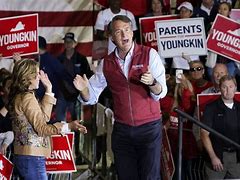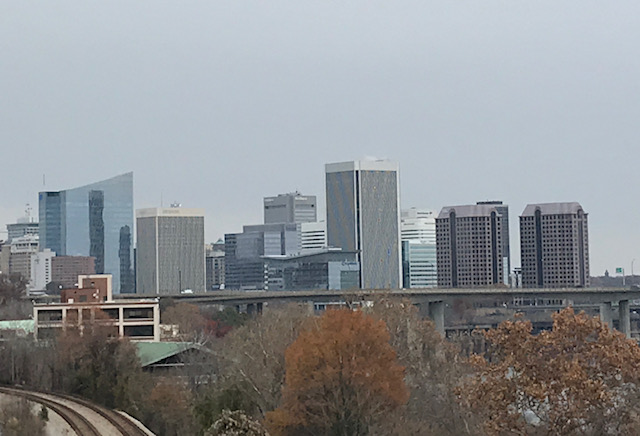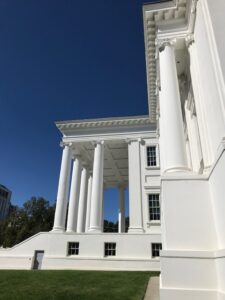 from Liberty Unyielding
from Liberty Unyielding
Democrats are slightly favored to win control of Virginia’s legislature in this year’s election, although the election will be very close. If they take over, the legislature will become much softer on crime than it is now, because incoming Democratic leaders are more left-wing than their mainstream liberal predecessors. For example, if Democrats win control of the House of Delegates, the speaker of the House will be Democratic leader Don Scott, a convicted felon, not his mainstream liberal predecessor, Eileen Filler-Corn.
Back in 2020, Don Scott proposed radical legislation that would release dangerous criminals from prison, even if prison and parole officials had proof of their continuing danger to society. It failed to pass back then, because Scott was a junior legislator, and Democrats were more mainstream liberal, and less left-wing, than they are now. The only moderate Democrats in the Virginia legislature are either retiring — such as state Senator Lynwood Lewis — or were defeated in the Spring 2023 Democratic primary. Some mainstream liberals are also leaving the legislature. George Barker was defeated in a primary by a candidate to his left, and Senate Majority Leader Richard Saslaw is retiring.
Scott’s legislation in 2020 was very bad, and at odds with public safety. If he becomes House Speaker, he might be able to use his power to get his fellow Democrats to pass it. Then, he could hold Republican Governor Youngkin’s priorities hostage unless Youngkin allows such legislation to become law. For example, Scott could get Democrats to block the governor’s appointments. The Virginia Senate only approved Governor Youngkin’s appointment of Bert Ellis to the University of Virginia Board of Visitors because the Senate’s two moderate Democrats voted along with Republicans to confirm him. Both of those Democrats are leaving the legislature after this year. The House of Delegates can also block appointments to many posts in Virginia. Continue reading

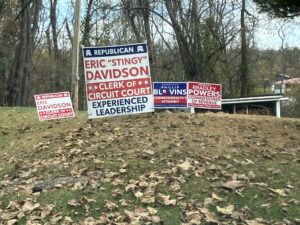
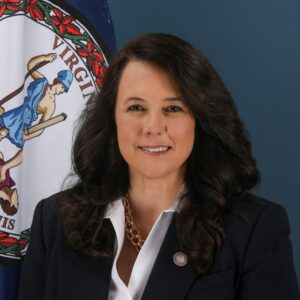
 by Kerry Dougherty
by Kerry Dougherty by Hans Bader
by Hans Bader by Jon Baliles
by Jon Baliles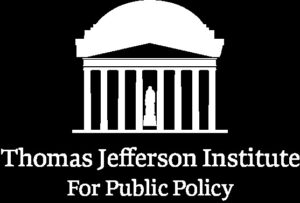
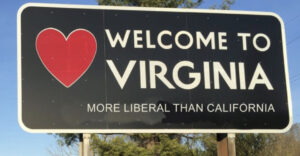 from Liberty Unyielding
from Liberty Unyielding
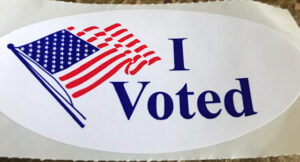
 by Jeanine Martin
by Jeanine Martin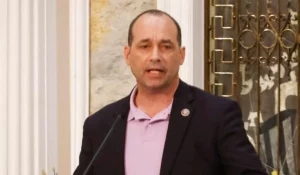
 from Liberty Unyielding
from Liberty Unyielding